Essential Tools for Solo Camping: A Comprehensive Guide
Camping alone can be an enriching and peaceful experience, allowing you to connect deeply with nature and yourself. However, solo camping also requires thorough preparation to ensure safety and comfort. Below is a list of tools and gear you'll need to make your solo camping adventure both enjoyable and secure.
BLOG
11/28/20243 min read
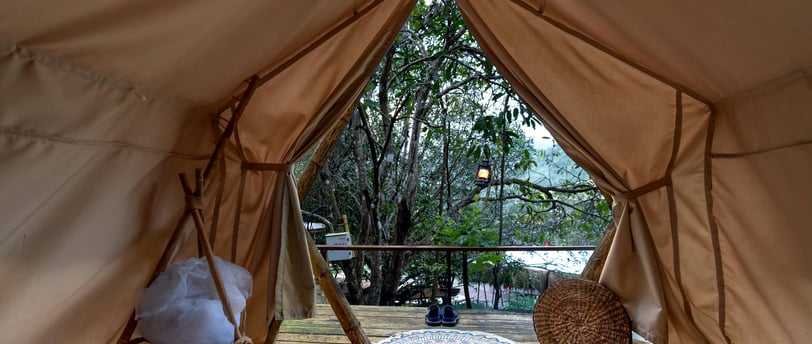

1. Shelter and Sleeping Essentials
Lightweight Tent: Opt for a one-person or lightweight tent that is easy to set up and waterproof. Look for one with a durable rainfly and good ventilation.
#2025 BESTBUY NIGHTCAT SOLO CAMP TENT
Sleeping Bag: Choose a sleeping bag appropriate for the season and temperature. A compact, insulated bag is ideal for solo campers.
Sleeping Pad or Inflatable Mattress: Provides cushioning and insulation, enhancing comfort during your trip.
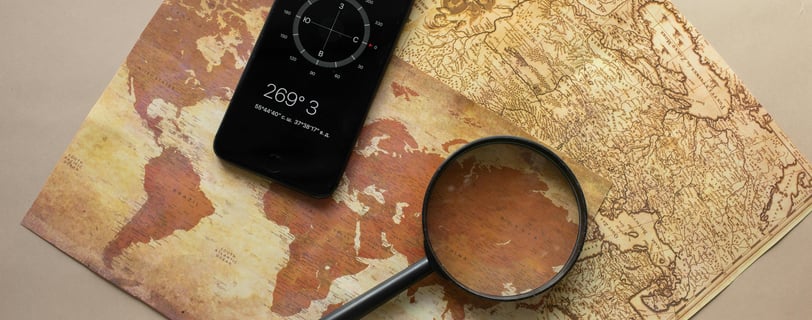

2. Navigation Tools
Map and Compass: Traditional navigation tools are reliable backups if electronic devices fail.
GPS Device or Smartphone with Offline Maps: Useful for precise navigation in unfamiliar areas.
Headlamp with Extra Batteries: A hands-free light source is crucial for navigating or setting up camp after dark.
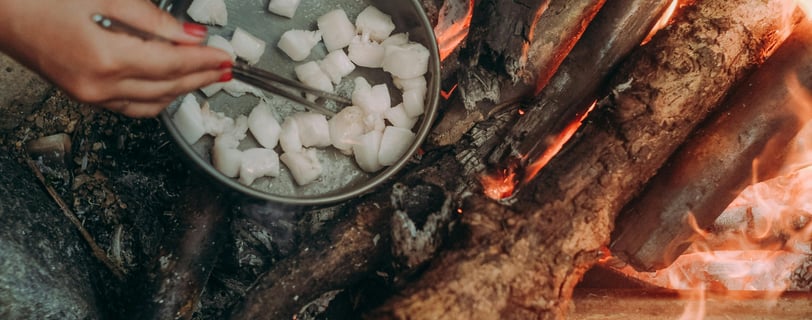

3. Cooking and Food Supplies
Portable Stove: A small, fuel-efficient stove (like the BioLite or Jetboil) is excellent for cooking meals quickly.
Lightweight Cookware: A compact pot, pan, and utensils. Reusable bamboo cutlery is eco-friendly.
Food and Snacks: Pack non-perishable items such as freeze-dried meals, granola bars, and nuts.
Water Filter or Purification Tablets: Ensures access to safe drinking water from natural sources.
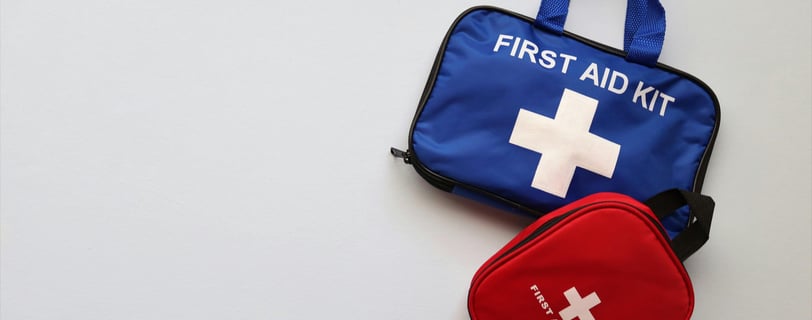

4. Safety and First Aid
First Aid Kit: Include bandages, antiseptic wipes, tweezers, and any personal medications.
Personal Locator Beacon (PLB): A must-have for solo camping in remote areas. It can send distress signals in emergencies.
Multitool or Knife: Versatile for various tasks, from food prep to repairs.
5. Clothing and Personal Items
Weather-Appropriate Clothing: Dress in layers for flexibility, and bring waterproof outerwear.
Hiking Boots or Sturdy Shoes: Ensure they are comfortable and well-broken-in.
Sunscreen and Sunglasses: Protect your skin and eyes from UV rays.
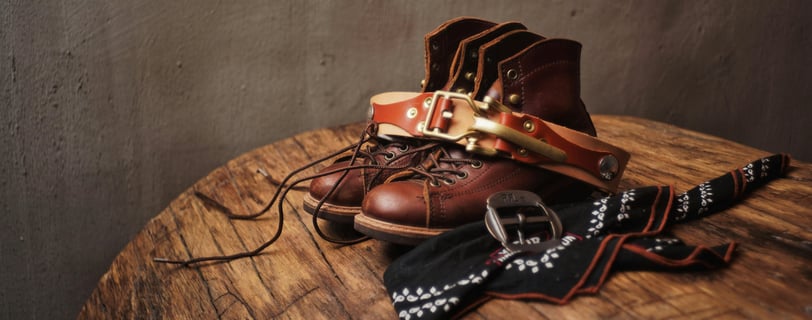

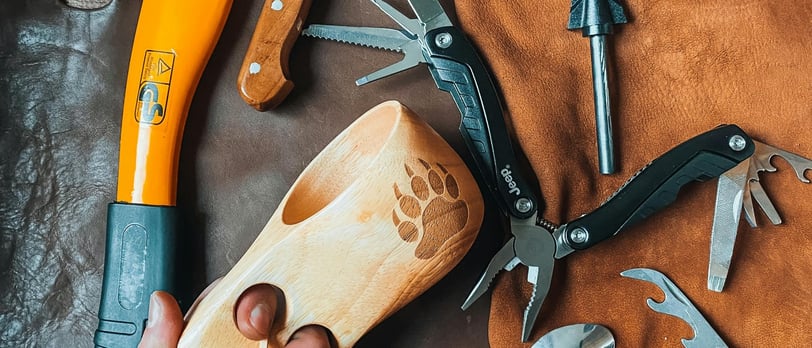

6. Survival Gear
Fire Starter: Pack waterproof matches, a lighter, and a fire steel for redundancy.
Emergency Blanket: Compact and useful for retaining body heat during unexpected weather changes.
Rope or Paracord: Handy for setting up tarps, repairing gear, or securing items.
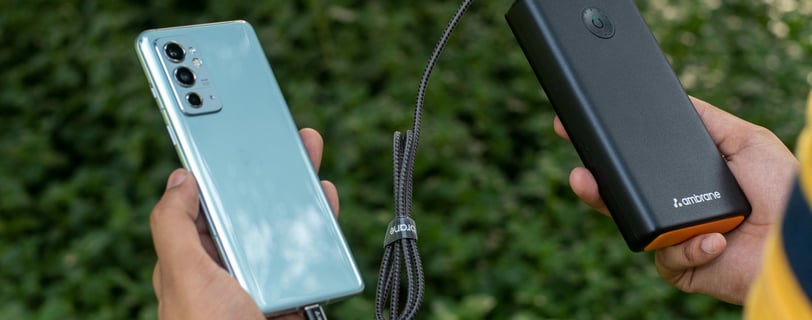

7. Communication Devices
Fully Charged Smartphone or Satellite Phone: Essential for staying connected in case of emergencies.
Portable Power Bank or Solar Charger: Keeps your devices powered during extended trips.


8. Entertainment and Relaxation
Book or Journal: Perfect for unwinding or documenting your experience.
Compact Camera or Binoculars: Capture scenic views or observe wildlife.
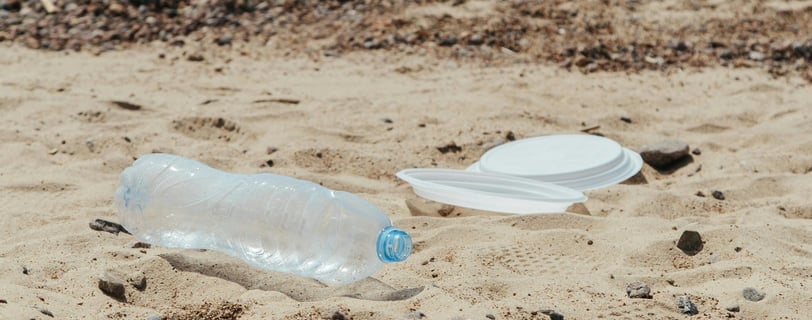

9. Waste Management
Biodegradable Bags: For collecting waste, especially in areas without facilities.
Trowel: Useful for digging a hole to dispose of organic waste responsibly.
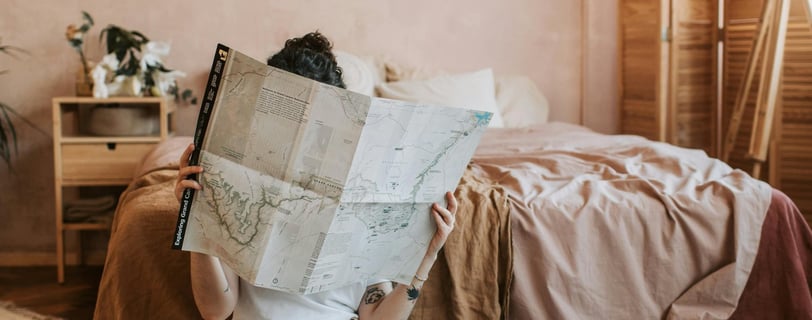

10. Mental Preparation and Tips
Inform Someone of Your Plans: Share your itinerary and expected return date with a trusted person.
Practice Setting Up Gear: Familiarize yourself with your equipment to avoid surprises in the wilderness.
Stay Calm and Confident: Solo camping can be intimidating, but preparation ensures peace of mind.
Conclusion
Solo camping is a rewarding experience when approached with the right tools and mindset. With the essentials listed above, you’ll be well-prepared to enjoy the beauty of nature safely and comfortably. Always remember: preparation is key to a successful solo adventure.
Campwhisper
Providing sustainable energy solutions for campers.
© 2024. All rights reserved.
